Verse of the Day
Author Spotlight
Loading featured author...
Report Issue
See a formatting issue or error?
Let us know →
Verse Takeaways
1
A Call for All Servants
While the call to praise is directed first to the priests and Levites who minister in the temple, commentators like Calvin and Gill explain that it extends to all of God's people. The reasons for praise—God's character and works—are universal for every believer, making praise the duty and delight of all who serve the Lord.
See 3 Verse Takeaways
Book Overview
Psalms
Author
Audience
Composition
Teaching Highlights
Outline
+ 5 more
See Overview
Commentaries
6
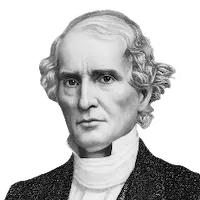
Albert Barnes
On Psalms 135:1
18th Century
Theologian
Praise ye the Lord — Hebrew, Hallelu-jah. Literally, “Praise Jah,” an abridged name for Yahweh. See the notes at Psalms 68:4.
<…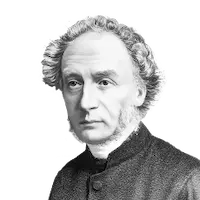
Charles Ellicott
On Psalms 135:1
19th Century
Bishop
The psalm opens with an adaptation and expansion () of Psalms 134:1. As there, the priestly class is addressed. Some, however, think that the addit…
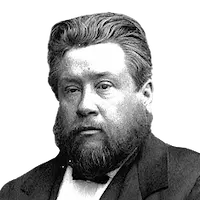
Charles Spurgeon
On Psalm 135:1
19th Century
Preacher
Praise you the LORD.
Or, "Hallelujah." "Hallelujah" is the keynote of it. So this is one of the Hallelujah Psalms, for it begins so;…
Go Ad-Free
Go ad-free and create your own bookmark library

John Calvin
On Psalms 135:1
16th Century
Theologian
Praise you the name of Jehovah. Though this Psalm begins in almost the same way as the preceding one, the Psalmist does not seem to be add…
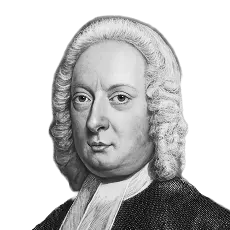
John Gill
On Psalms 135:1
17th Century
Pastor
Praise you the Lord
Or hallelujah; which may be considered as the title of the psalm; as in the Targum, Septuagint, …
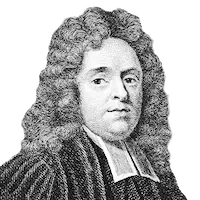
Matthew Henry
On Psalms 135:1–4
17th Century
Minister
The subject-matter of praise is the blessings of grace flowing from the everlasting love of God. The name of God as a covenant God and Father in Ch…